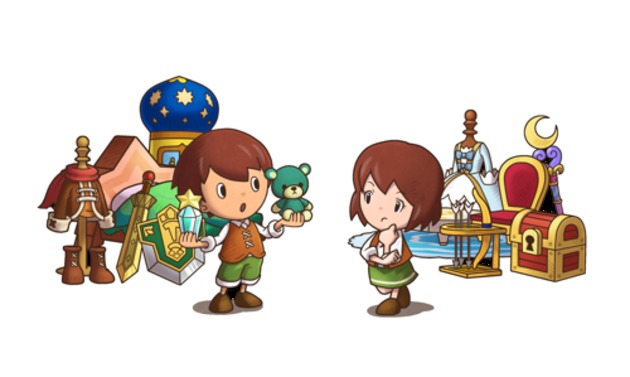You get what you deserve. There’s a song about it. It’s used over and over in conversation when delighting in the downfall of one’s enemy. Motivational speakers use the saying to try and help audience members buy into whatever program they’re selling. It seems like such a simple concept. It allows us to make some sense of the world. But do we really get what we deserve?
Children don’t deserve cancer. Puppies don’t deserve to be abused. The citizens of Flint didn’t deserve to have public servants lie to them about their water being contaminated (or having their water filled with lead in the first place). Zoe Quinn certainly did not deserve anything that happened to her. The notion, quite simply, is preposterous. I desperately want to believe in karma, yet everything I’ve seen, especially in the last couple years, makes me extremely skeptical of such an existence. Yet, undoubtedly countless people would justify their actions under this idea: Quinn deserved it, because she slept with other people. She wasn’t honest. Etc, etc, etc. Because of the pain she supposedly caused her ex-boyfriend, any amount of pain you caused her is karmic justice. People can do some pretty awful things if they think it’s justified.
In the most recent issue of ADA: A Journal of Gender, New Media, and Technology published an article called, “Dismantling ‘You Get What You Deserve’: Toward a Feminist Sociology of Revenge Porn” by Emilee Eikren and Mary Ingram-Waters. The argument is not entirely new, of course. Everything from public discourse to entertainment to the legal system has long held women to blame for sexual violence done against them. What were you wearing? Why did you walk done the alley at night? How many sexual partners have you had? When it comes to things like revenge porn, the authors point out, similar arguments exist: “[we see] revenge porn and other types of cybersexual assault through a theoretical framework that explains violence against women as systemic, as a range of symbolic and physical actions of masculine domination, as punishment for women’s sexual agency, and as facilitated by unmarked structural and behavioral features of the Internet and social media.”
This article, and the authors’ rigorous approach to studying the phenomena of revenge porn, had me thinking about why this, and other types of “get what you deserve” attitudes are so prevalent in the gaming community. It certainly seems that attacks on women, particularly women of color, are more focused, widespread, and almost deified in the gaming industry/community moreso than in any other similar venue. What I came to was this: what if an over saturation of black and white morality in gaming has led players to start to see the everyday, ordinary, meat-space world in this way? In most games, villains get what they deserve, and so do the heroes. The damsels always get rescued by the good guys, and certainly the damsel never says “no thanks, I’d rather figure it out on my own,” or “no thanks, I’m gay,” or “no thanks, I’m actually with that hero over there.” By experiencing this “perfect” morality over and over and over, where if you are a “good guy” you get the girl, the castle, and the treasure, have we created a class of people who expect the world to work the same way?
Of course, I am absolutely not saying games or stories or even played out tropes alone can convince someone to start stalking someone or posting revenge porn or turn into a gator. But whether we choose to acknowledge it or not, we are influenced by the things in which we are immersed, including games. This is especially true when looking at the periphery of game arguments: no, I won’t go steal cars after playing GTA, but it may reinforce my belief in how gangsters act or how disposable prostitutes are and so on.
So imagine this: a game where you don’t get what you deserve. Sometimes you work hard, and you don’t get that level. Maybe the character next to you works half as hard but earns twice as much. Maybe you go through the quests to save the damsel, and she doesn’t like you. Because that’s what the world is like. We may love games because we know if we put in X we will get Y. But just maybe we need to start pushing beyond that idea because we are breeding people who let that simplistic view of morality and life to seep out into reality. And, of course, that always seems to lead to violence.





2 thoughts on “Getting What We Deserve: Where Morality in Gaming Creates Unrealistic Expectations”
Yeah those games you describe at the end are called “pay-to-win MMOs”. Where no matter how much is your effort, a whale player can stomp over you repeatedly. And people despise them for a reason.
Ha! Unless those buying things think they deserve to win because they’ve put in the most money. But absolutely that is an interesting point. Though, I think people objectively don’t hate pay-to-win MMOs, since they are insanely popular. We still play them; we just also complain about it.